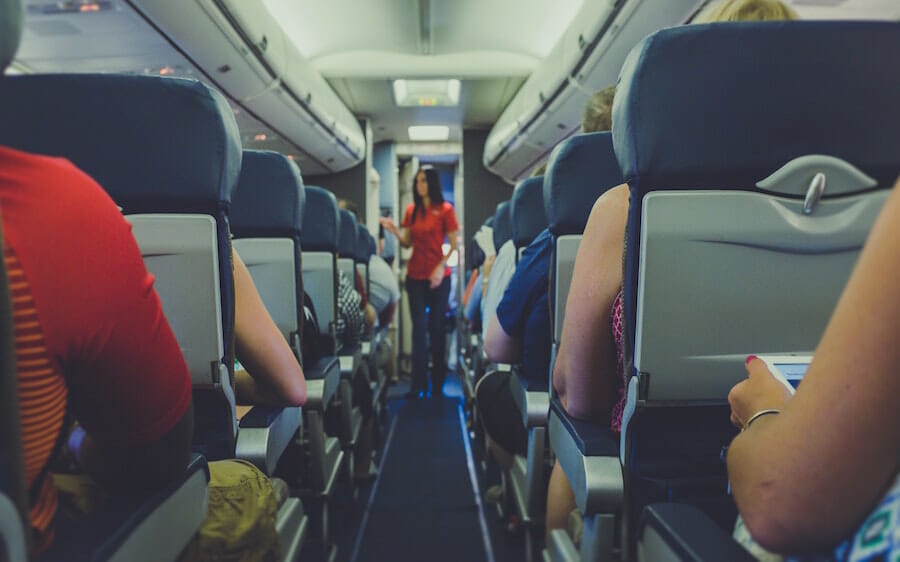
Pretty specific topic, right? But there’s a good reason for this because at press flight attendants across the world are experiencing elevated levels of stress. To help take some of that off their table (or in-flight trays) we are taking a look at how physiotherapy can make their lives easier.
How Physiotherapy Can Improve Key Health and Wellness Concerns of Flight Attendants
Repair for Most Common Flight Attendant Injuries
“Sore feet” is a frequent complaint for most flight attendants, but it expands beyond that. The most commonly reported flight attendant acute and chronic injuries include the following:
-
Lower back pain or other forms of spinal injury (common to standing for extended periods)
- Rotator cuff impingement (common after assisting passengers with carryons)
- Wrist injuries (common after assisting passengers with carryons)
- Neck injuries (common after weeks, months, or years of experiencing turbulence and abrupt landings)
- Sore feet (common to standing for extended periods)
While physiotherapy treatment (click links above) can directly treat all of the common flight attendant ailments, we specifically want to draw attention to the use of custom orthotics. In addition to helping with sore feet, they can also address other pain and discomfort in the lower extremity (legs, hips) and may also mitigate back pain.
Helps Maintain Qualifications
There are strict physical qualifications for becoming and maintaining a position as a flight attendant. No, it’s not what you may think (at least not anymore). Instead, the profession demands a certain level of fitness, core strength, and wellness to do the duty. The job is so much more than conducting safety presentations or fetching drinks for first class. The first and foremost part of the job is keeping airline passengers and crew safe, and you must be prepared to respond to any emergencies that occur on the aircraft and ensure that passengers follow Federal Aviation Administration (FAA) regulations. Air marshals have the cool title, but you are the real hero when it comes to managing sanctity in the sky.
So what are these physical qualifications? Hygiene aside, the following are core physical requirements of flight attendants in 2020 and beyond:
- Must be able to stand for extended periods with limited rest periods.
- Must be able to quickly and effectively open emergency doors.
- Must be able to assist passengers with moving and placing items (including award and heavy ones) in and out of overhead compartments, especially for passengers with physical limitations.
- Have a strong immune system to keep from catching and spreading germs and viruses to passengers.
- Be prepared to help mitigate the risks that come from a wide variety of situations while in continuous contact with passengers.
When you make regular physiotherapy a part of your health and wellness regime you can prove to hiring airlines and regulatory bodies that you’re more than up for the task.
Schedule a consultation at our Burnaby clinic on your next YVR layover. Contact us today at 604.558.2273 to book your appointment.
